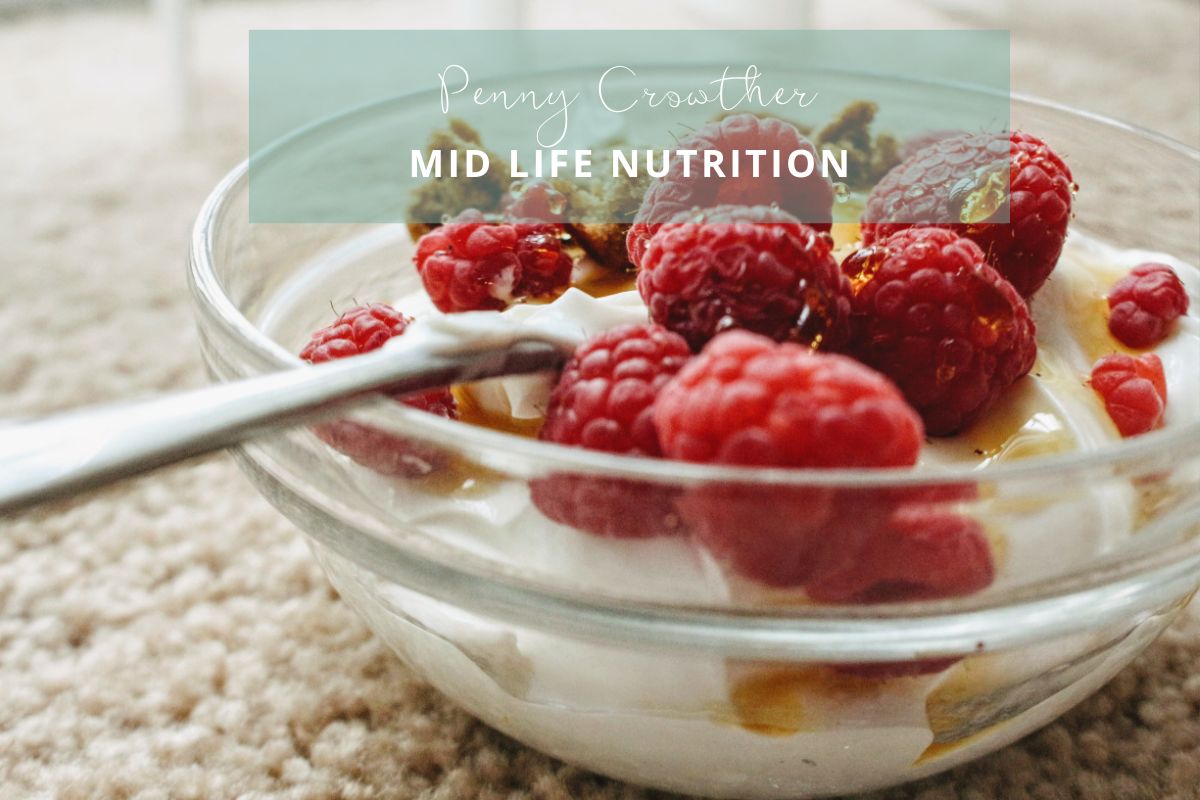
How snacking affects your health and weight
The other day I was listening to the radio discussion about a recent snacking study on a few hundred people. The findings were very interesting:
- Unhealthy snacking was linked with higher cholesterol and more weight around the middle. Healthy snacking was not associated with increased risks for these issues
- A quarter of the participants were having healthy main meals but were undoing the benefits by eating unhealthy snacks
- Those who ate starchy, highly processed snacks (such as crisps) most days were far more likely to be anxious, stressed and depressed, than those who didn’t
- Those who snacked on fruit were more likely to report being in a good mood
- Timing of snacks is all important. Snacking after 9pm, even with healthy food, increased risk for cardiovascular disease, higher blood sugars and fats and poorer insulin sensitivity
Fat around your middle
“Middle age spread”, that unwelcome roll of fat around the middle is an unfortunate effect of changing hormones in peri menopause. Apart from making your clothes feel tight & uncomfortable, it brings health risks such as type 2 diabetes and heart disease.
Getting your snacks right
Changing your snacks will have a big impact on your health and weight. Did you know, a quarter of our daily calories in the UK come from snacks? Even if you are having healthy main meals, unhealthy snacks could be undoing the benefits.
As well as helping weight loss, the right snacks will reduce bad cholesterol, improve insulin sensitivity and boost your mood.
What is a healthy snack?
As good rule of thumb, a healthy snack should contain protein, fibre and good fat. For example, cheese & olives or fruit and a Greek style yoghurt (dairy or plant based such as coconut or soya). Perhaps with a few nuts sprinkled on top.
Nuts on their own (a small handful) are an ideal snack and very portable. In an interesting experiment on 100 people, half got 20% of their calories from almonds and the other half from typical UK snacks. Nothing else changed. Surprisingly, the people eating the nuts had a significant reduction in bad cholesterol and a big increase in cardiovascular protection.
One factor could have been that the participants felt full on the nuts and therefore ate less. As a general guideline, 30g is a recommended portion size for nuts as a snack.
Popular snacks are crisps, biscuits, cake and confectionary. Surprise, surprise these foods are high in refined carbs, processed fats and sugar. And they tend to be low in fibre and protein!
Behaviour change
It's not always easy putting new habits in place and making them stick in the long term. There can be lots of reasons why you may find it hard to follow through and make consistent changes. There's no shame in not being able to do it yourself! A nutrition coach is trained to ask you the right questions that will bring clarity and move you forward. And keep you accountable. Depending on what level of support you need, I have different programmes to suit a range of needs. Book your free health reset call here.
